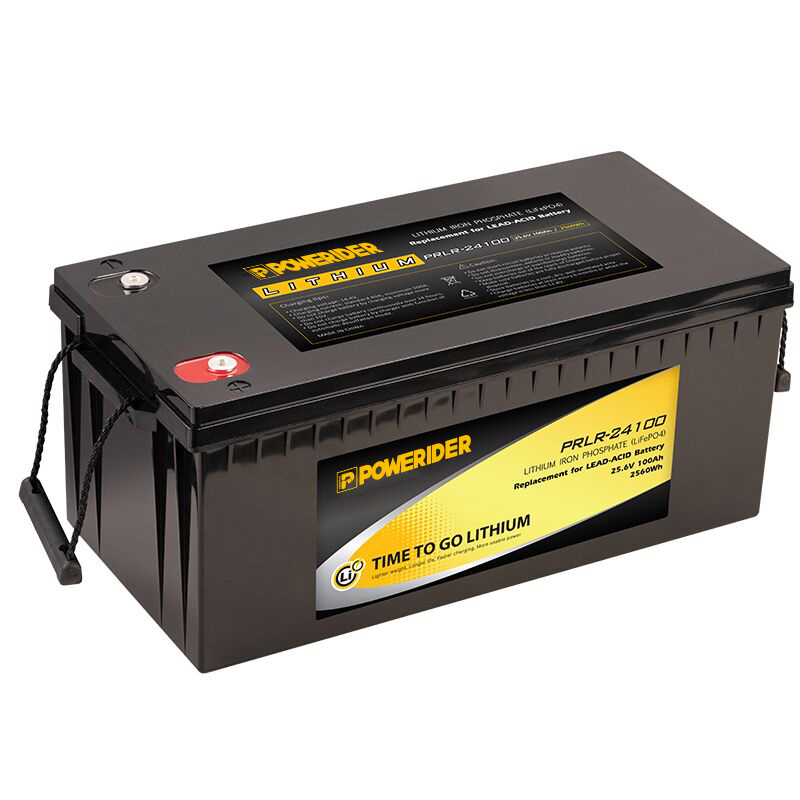
Privacy statement: Your privacy is very important to Us. Our company promises not to disclose your personal information to any external company with out your explicit permission.
The discharge capacity is not good, the high temperature performance is poor, the battery is easily damaged and the life is not long. For example, a battery pack of 240 cells in series with a voltage of 480V will reduce its charge by 10% to 432V (or less) when discharged. Whilst providing constant power to the load, this will reduce the current through the battery pack by 10% or more. Although these are simplified examples, greater battery capacity is required to ensure sufficient discharge capacity at the high power discharge rates of data centre applications.
However, lithium-ion batteries are the opposite. In general, it has the following advantages: small size, light weight, high energy density, long life, safe to use, high current fast charging, high and low temperature resistance, deep discharge depth, environmentally friendly and no memory effect. However, their initial cost is higher than that of lead-acid batteries. Lithium-ion batteries are relatively new to data centre applications, and people have been looking forward to using lithium-ion battery UPS to achieve longer performance under actual data centre operating conditions.

Supercapacitor Although supercapacitor technology has been around for a long time, it has not received much attention in data centre applications because, like the flywheel UPS, it only provides power for a relatively short period of time. It can operate over a wider temperature range (-40F to +150F) than lead-acid and lithium-ion batteries, and is expected to last in excess of 15 years with little manual maintenance. Lithium-ion battery UPS Grid level energy storage In terms of grid level energy storage, its deployment will improve the peak capacity and overall reliability of the grid. In addition, such an approach could improve the ability to integrate sustainable but intermittent energy sources such as solar and wind. Over the past year, there have been several announcements of megawatt-scale grid energy storage using lithium-ion battery UPS to support peak loads, thereby minimising the need for natural gas power plants. Another grid-scale energy storage technology being deployed is vanadium REDOX flow batteries, where energy is stored in a fluid (flowing between two tanks) for charging and discharging.

Privacy statement: Your privacy is very important to Us. Our company promises not to disclose your personal information to any external company with out your explicit permission.

Fill in more information so that we can get in touch with you faster
Privacy statement: Your privacy is very important to Us. Our company promises not to disclose your personal information to any external company with out your explicit permission.